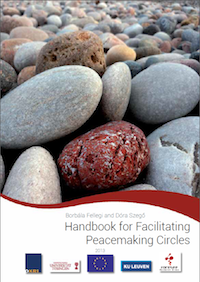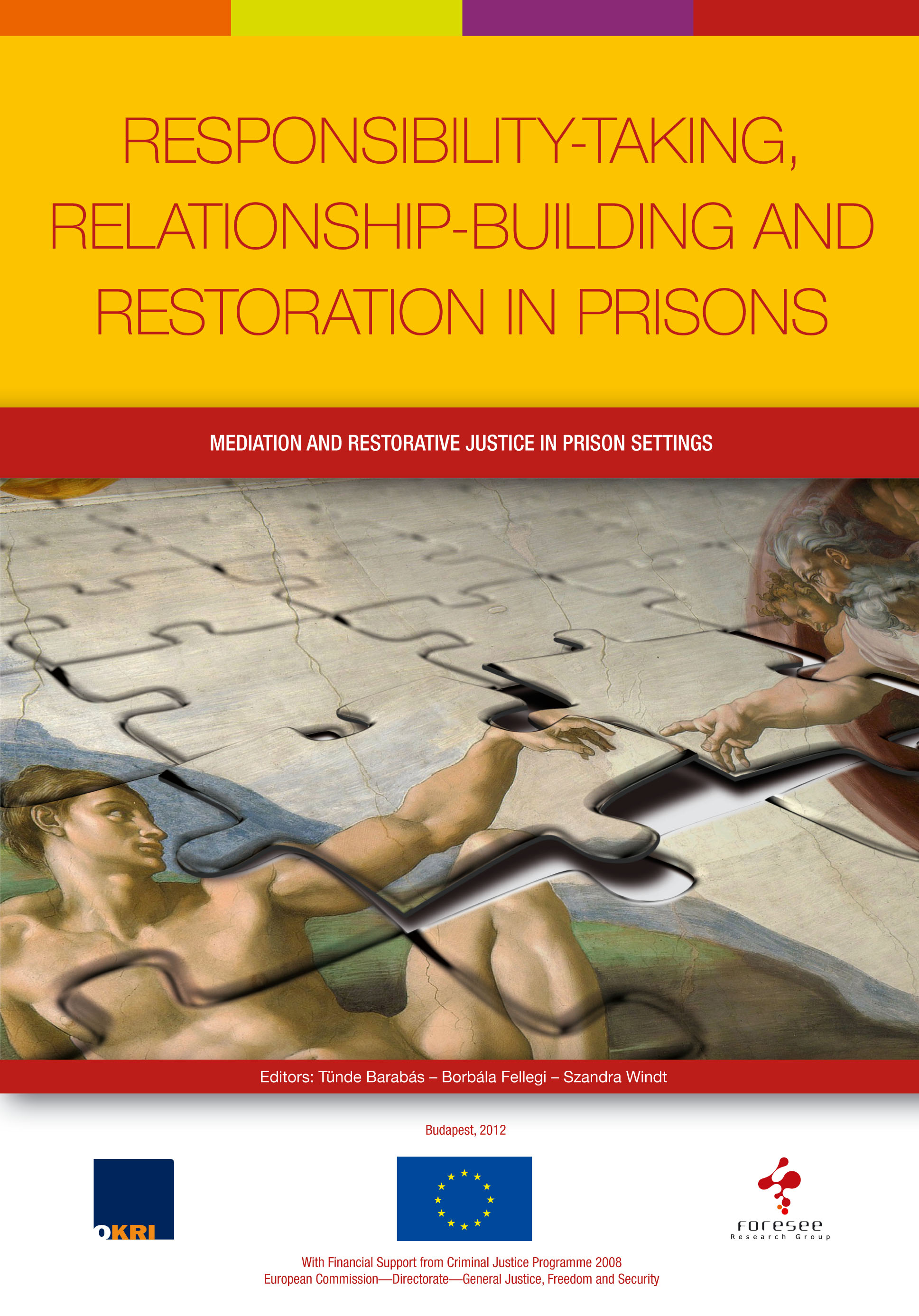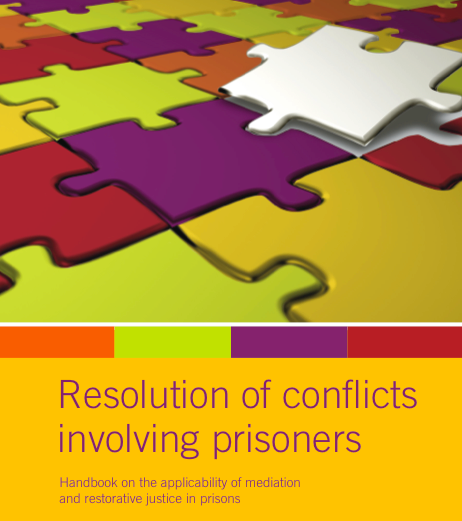By the foundation of this new specific seminar the Hungarian Society of Criminology aims to continue its work towards providing space to co-operation between professionals of crime and crime prevention as well as to a neccessary change in approach. Under the leading of chairman Dr. Erzsébet Hatvani the section's main goal is an exchange of practical experience among members and the mutual elaboration of some actual, related topics. First of all its task will be the advocacy of the agrieved party's interests, the assurance of restoration and the adaption of mediative methods in as many cases as possible. Another important task will be the introduction of techniques of conflict resolution on the fields of education, health care etc.
Dr. Borbála Fellegi, manager of Foresee Research Group was the organizer and moderator of the first session on 11th May concerning community mediation. The invited experts shared their principal thoughts and practical experience each one of them based on a chosen subject. During the session they overviewed a number of community mediation projects funded by the National Board for Crime Prevention (OBmB) and traced the main topics of an international conference in 2011 focusing especially on community mediation.
Borbala Fellegi summarized the main aspects of settlement-mediation in the following points:
"1. Our work is mainly defined by the loclal needs (specified by members of the target group). Along the process of the intervention getting to know these needs and keeping them in mind while planning is of outmost importance.
1. 1. These shape the aims, tools, services of our project and the intensity of the intervention.
1.2. These also determine who gets involved in the process.
1.3. This also means, that we might not get to the centre of the problem right away. We may only go where the need for our help is expressed. It is also not sure that we can work in the rhytm and with the partners we think would be ideal, because these things depend on the needs of the locals and not on what we think would be the best.
2. „Reflective intervention” on our side is very important: we do not arrive with a action-plan ready to be realized, we rather specify guidelines, and steps, everything else is decided in co-operation with the locals. This means of course continous re-planning of the project „on the go”(much like agile-planning).
3. The work has to be started small. It is the only way to ensure quality and the realisation of the professional principles, and also the customization of the project according to the target group’s needs. From the experiences of the unique projects, later on more universal protocolls may sprout which can be then applied in larger scales.
4. Community building is a key element to every conflict handling process, as it helps building a sense of community. If there is no sense of community, there is no chance on co-operation based conflict handling either. This process, though takes up a whole lot of time and energy is essential. The bigger the problem, the more important it is to start the project with community building.
5. During the local work it is unavoidable to invite a reference person accepted by the local target group. It is the role of this person to build trust amongst the people, and build trust in the people towards our group.
6. Our work can only start when (at some level) the target group itself realized the problem. Without the realization they can’t be the supportive partners we need them to be for the project. We can’t help, where there is no (realization of the) problem.
7. If there is nothing in the past to restore it is the role of the outsider, neutral mediator (facilitator) to help work out a common vision for the future.
8. It would be of key importance to organize and keep up an easy-to-reach, nation-wide network of experienced mediators, so that target groups with defined problems (teachers for example) may know who to turn to in their neighbourhood for help.
9. Our work should be done in interdisciplinary teams. Meeting this principle, takes a lot of time, felxibility, and energy. At the same time it also enables us to experience the unique and important tools of each discipline, makes complementarity of the disciplines visible, and gives a chance to learn from each other.
10. The essence of our work is one thing: empowerment. Our work is successful if it can reassure the persons, disciplines, groups and institutions: their existence and work is valuable, and they are able, as a person and as a group, to add something positive to the future of the community. "
The resume of OBmB community mediation project can be dowloaded from here.
The foreplanned program of European Crime Prevention Network is available here.
For more on the session's main goal click here.














No comments